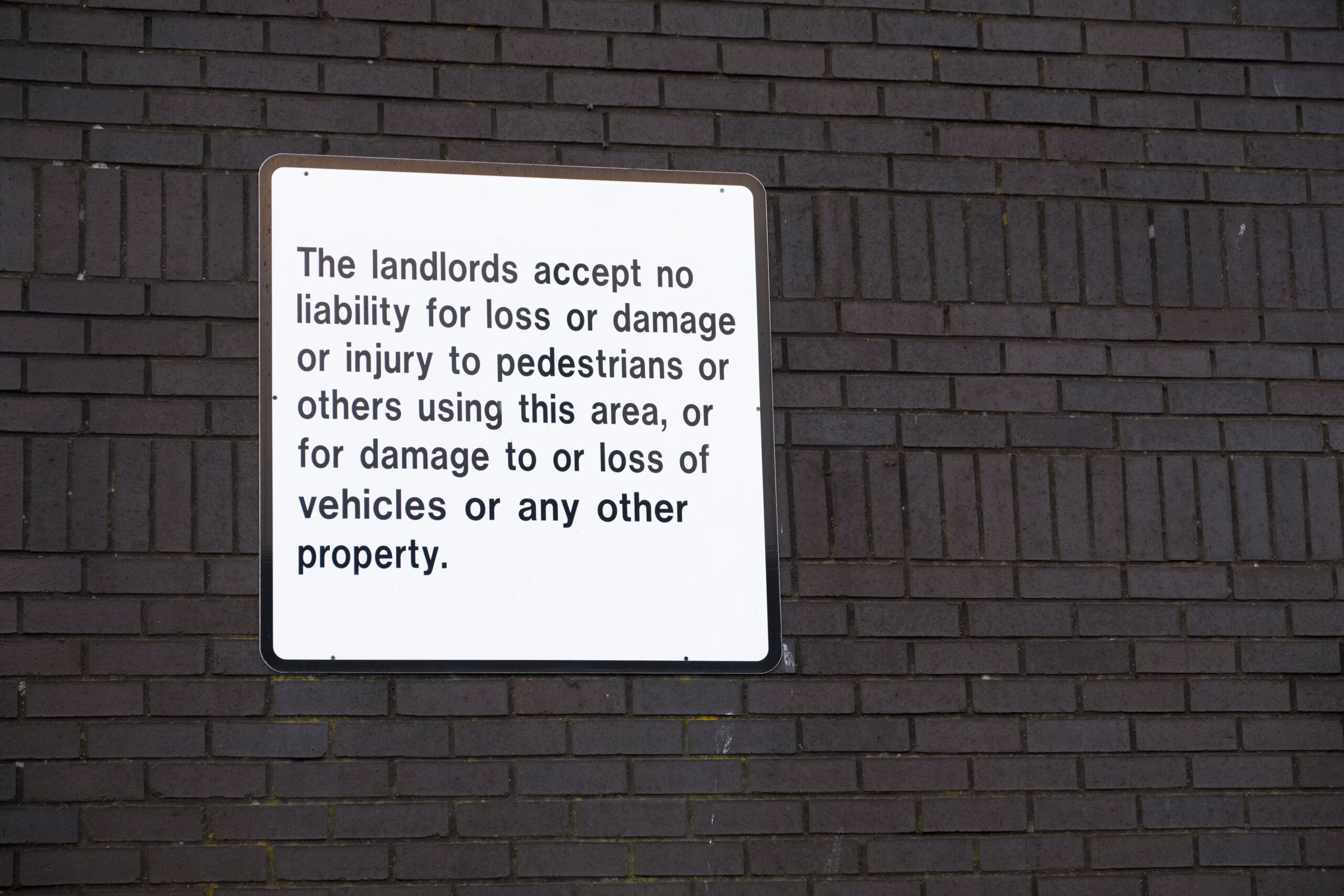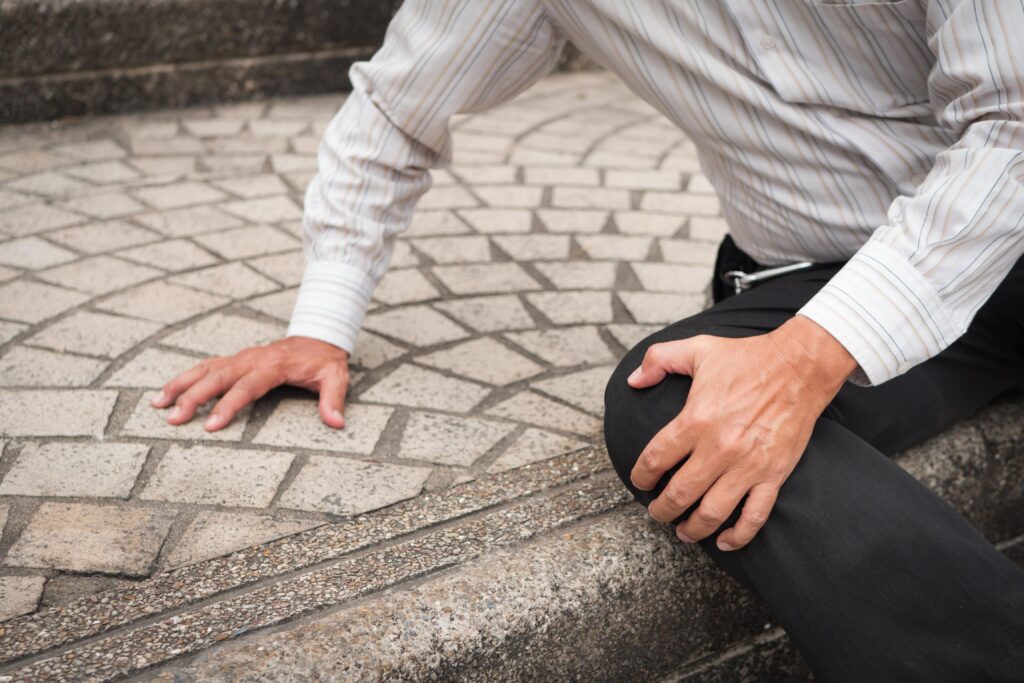Premises liability is a legal concept that holds property owners liable for personal injuries that occur on their premises due to negligence or unsafe conditions. Whether you’re a property owner seeking to understand your duty of care or an individual injured on someone else’s property, it’s crucial to have a knowledgeable premises liability attorney who is well-versed in this area of personal injury law.
In this article, we’ll explore the basics of premises liability in Nevada, the elements of a lawsuit, examples of common cases, typical premises liability settlement amounts, and how the experienced attorneys at Friedman & Throop can assist you.
What is a Premises Liability Lawsuit?
A premises liability lawsuit is a legal claim that arises when an individual sustains injuries or wrongful death due to unsafe conditions on another person’s property. In Nevada, the rules for premises liability are shaped by both case law and the comparative negligence statute (NRS 41.141), which considers the fault of all parties involved. According to these laws, a property owner has a duty of care to keep their premises safe for entrants, and legal liability may arise if the owner acts negligently. A notable exception states that property owners don’t have a legal duty to make their property safe for trespassers, and they usually can’t be held responsible for any injuries that trespassers might suffer while on their property (NRS 41.515).
A premises liability lawsuit typically involves a plaintiff, the injured party, seeking compensation for injuries sustained at a residential area or business, e.g. someone’s home, casinos, or grocery stores. The injured party must demonstrate several key elements for the lawsuit to be successful. These include proving that a dangerous condition existed on the premises, the property owner knew or should have known about the hazardous condition, an accident occurred, the accident happened because of the dangerous condition on the property, and injuries and damages resulted from the incident. If you’re considering pursuing a premises liability lawsuit in Nevada, it’s essential to consult with a qualified premises liability attorney who is well-versed in the state’s laws. These attorneys specialize in navigating the complexities of premises liability cases and can provide valuable assistance in understanding your rights and building a strong legal case.

What are the elements of a premises liability case?
In understanding what constitutes a personal injury premises liability case, it’s crucial to delve into the specific elements that form the basis of legal proceedings. Property owners have a responsibility to keep their premises safe, but they’re not responsible for every accident—the key is whether their actions are reasonable. What’s considered reasonable depends on whether you’re an invited guest, a visitor, or even a trespasser. Just because a danger is obvious doesn’t absolve the owner of responsibility; they still must act reasonably. For a property owner to be legally responsible, the injured person must prove negligence. If successful, the plaintiff can receive compensation for medical bills, lost wages, loss of future earnings, and/or pain and suffering. In severe cases, punitive damages may be awarded, which are often greater than compensatory damages.
In Nevada, premises liability law requires you (the plaintiff) to prove the following:
- The defendant is either the owner or in charge of the place where the accident happened.
- You were lawfully on the property when the accident occurred.
- A dangerous condition existed on the property.
- The defendant either caused, had prior knowledge of, or reasonably should have known about the alleged dangerous condition.
- The dangerous condition directly caused you to to suffer injury and/or other damages. This encompasses a broad spectrum, including medical bills, lost wages, and pain and suffering.
Working with an experienced premises liability attorney can significantly enhance your ability to navigate these elements and build a compelling case.
What are examples of a Premise Liability Lawsuit?
If you’re still uncertain about what constitutes a premises liability case, here are some examples of incidents that can lead to personal injury:
- Slips & trips: Accidents stemming from slippery or uneven surfaces.
- Falls: Injuries occurring due to inadequate safety measures, leading to falls.
- Falling objects: Incidents involving objects falling from shelves or structures.
- Improperly tacked carpet: Mishaps caused by poorly secured carpets or rugs.
- Latent or hidden dangers on floors and stairs: Injuries resulting from concealed hazards.
- Faulty building materials: Cases where construction materials contribute to accidents.
- Building code violations: Injuries caused by a failure to adhere to safety regulations.
- Carelessness by employees on property: Accidents arising from negligent actions by property staff.
- Unfilled holes in land: Injuries caused by uncovered or unmarked holes on the premises.
- Vicious animals: Cases involving injuries inflicted by animals on the property.
Still curious about the common causes behind slips, trips, and falls? Explore our related blog on “10 Common Causes of Slips, Trips, and Falls” to gain deeper insights into potential dangers you might encounter. Understanding these common causes can help you stay vigilant and understand your rights.
What are typical premises liability settlement amounts?
Premises liability settlement amounts often hinge on the severity of injuries and the impact on the victim’s life. In Nevada, victims may be eligible for compensation covering emergency medical bills; long-term medical expenses; lost or unearned income due to injuries; physical therapy; property damages; loss of lifestyle, physical limitations or disfigurement; pain and suffering; and even punitive damages for severe cases. Keep in mind that most personal injury cases are settled without going to court. Defendants generally prefer to avoid a trial, and attorneys can often reach a favorable agreement through negotiation, minimizing the need for expensive legal proceedings.
Enlisting the expertise of a seasoned premises liability attorney can greatly improve your likelihood of securing a fair settlement. At Friedman & Throop, our fee structure is designed to align with your best interests, charging 40% of the settlement plus costs. We are committed to providing competitive rates that never exceed the portion you ultimately receive, allowing you to pursue your claims with the assurance you will receive a fair and just portion of the settlement after all costs are considered.
How Can a Premises Liability Attorney Help You?
If you’ve suffered injuries due to a property owner’s negligence, navigating the complexities of premises liability law can be daunting and your time to sue is limited. A premises liability attorney serves as your advocate in the pursuit of justice and fair compensation, playing a pivotal role in establishing negligence—a critical factor in these cases. By assisting you in collecting evidence, evaluating the scope of your damages, and constructing a compelling case, they become instrumental allies. For more in-depth insights into how a premises liability attorney can assist you, explore our blog on “How a Premises Liability Lawyer Can Help You.”
Attorneys Terry Friedman and Julie Throop are experts in handling injury cases under premise liability law with vast experience handling cases against casinos, hotels, other major corporations as well as cases against residential property owners. If you find yourself in need of experienced legal representation in Nevada, don’t hesitate to contact the offices of Friedman & Throop Law at 775-322-6500. Our team of experienced and dedicated lawyers will fight to make sure you get the help and justice you deserve. Visit our Premises Liability page to explore more about the legal services we offer and understand how we can assist you in your specific case.



